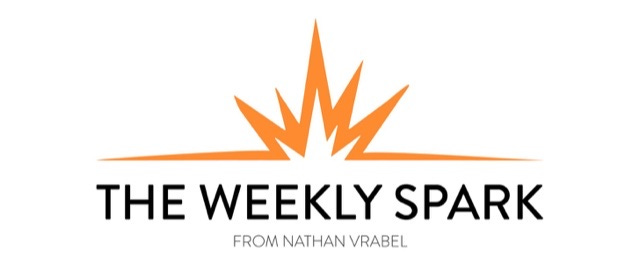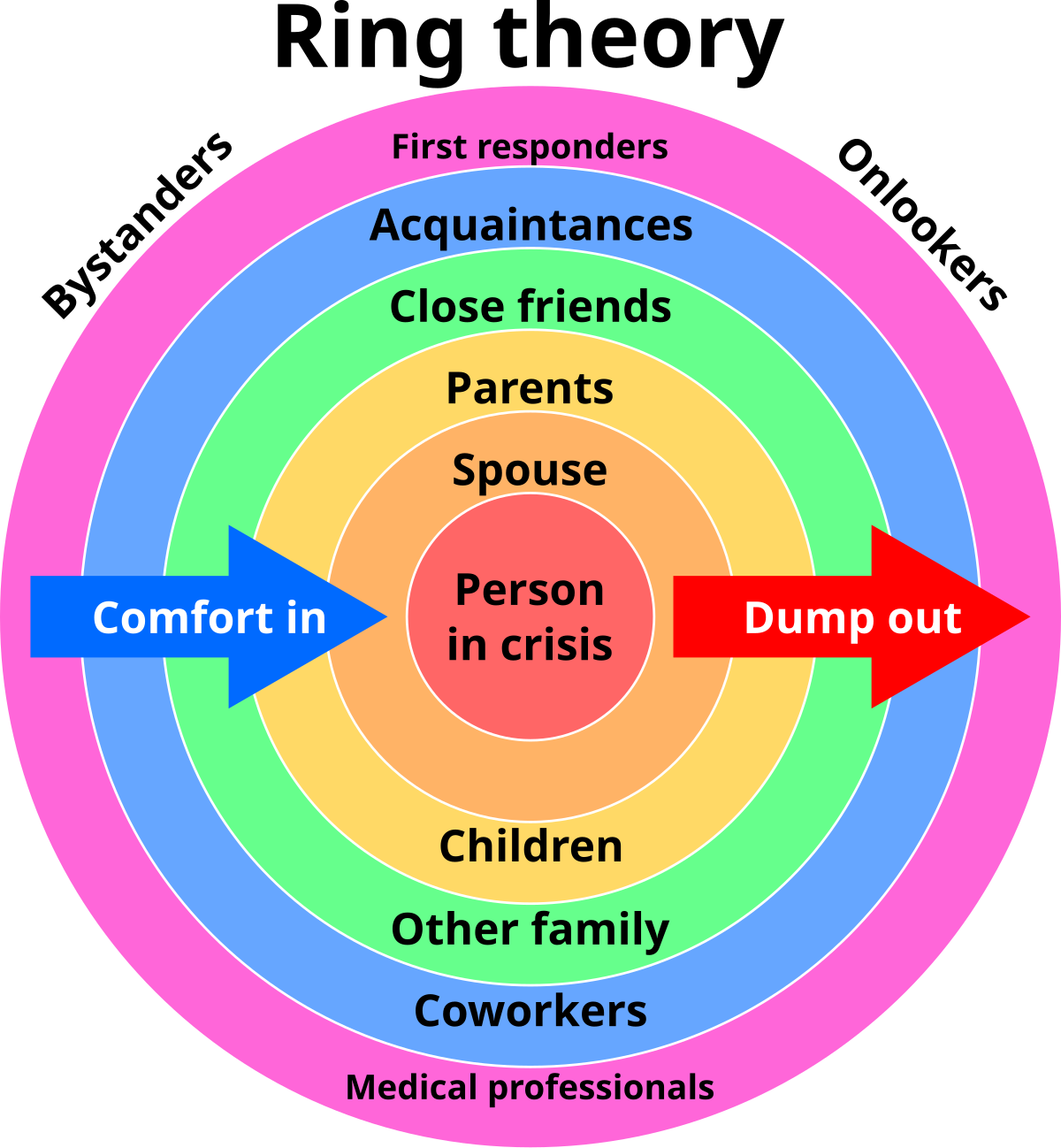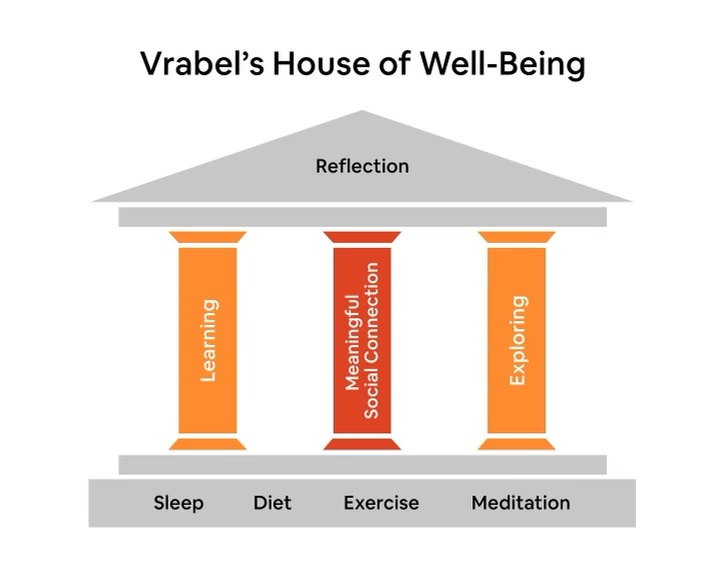Weekly Spark #245: Transitions, Change, and Moving Forward
Welcome to The Weekly Spark, my weekly newsletter featuring insights on mental and physical wellness, intentional living, and personal development. Since September 2020, I’ve published 245 reflections hoping to motivate myself and others to live more thoughtful, purpose-driven lives.
Few things in life are guaranteed. Change is one of them. Happy changes. Sad changes. Wanted changes. Unwanted changes. How we respond to those events is far more important than what actually happens to us. Change as a thought is unsettling. We get comfortable with the way things are. At one time, the way things currently are was wholly foreign and unknown. The way things currently are is a product of an ever-changing world. As someone who really struggled with change, particularly in a few key moments when I was younger, learning to transition effectively, efficiently, and get off to a fast start on the “other side” was crucial to learn. Truly, as Rocky Balboa once said, “It ain't about how hard you hit. It's about how hard you can get hit and keep moving forward; how much you can take and keep moving forward.” We can win the inevitable change and transition ahead of us.
Recently, I finished the book The Next Day by Melinda Gates and found it very thought provoking, particularly as I navigate huge transitions and cross-country moves in the months ahead. She experienced massive change and loss in recently, including ending her 27-year marriage with Bill Gates, as well as her decision to leave the Gates Foundation, the third-largest charitable foundation in the world, which they started together in 2000. Given the magnitude of those two changes and her wise perspective, I knew she could provide helpful insights and have summarized a few of my key learnings and takeaways below:
The most impactful story she shared in the book was about the death of one of her best friends, John, who she met when they started as interns at Microsoft in 1987. Fast forward through the memories of working together and spending quality time and vacations together with their spouses, John was diagnosed with terminal cancer (how many reminders do we continue to need on how short this thing called life is?). With the ensuing death of her best friend, she found herself grappling with the right ways to express her grief. She talked about the importance of the Ring Theory, coined by psychologist Susan Silk, a theory that is helpful to offer true support to the person in need (John in this case) while respecting personal boundaries. You can see in the picture below, but it starts with the person in crisis in the center, and each concentric circle outside of that represents a tranche of people slightly removed from the person in crisis. The theory says that the person in the center of the crisis can cry, moan, ask why me, and dump their emotions as much as they want because it all goes towards rings outside of their own. Everyone else can grieve as well, but only to people in circles larger than their own. The point is to not put your emotional burden on people closer to the crisis than you. Comfort In, Dump Out. I find this useful in developing a more emotionally intelligent and aware way to deal with grieving and suffering.
She talked about the importance of listening to the inner voice and the one that ultimately told her “it’s time to separate yourself from Bill.” That inner voice is the only one that continues seemingly non-stop. Even if meditating, even in flow state, even as I’m writing right now, that inner voice seems to keep going. It’s a blessing and a curse. At times, it can guide you in the right directions. In others, it can detract from beautiful moments of joy. Other times, it can steer you in the complete wrong direction, yet it can help you process silver linings in extremely challenging circumstances. It ALWAYS has something to say and there are sometimes where we should shut it out, but others, perhaps more often than we think, when we should really listen to its whisper. Melinda recounted in a conversation where Oprah Winfrey told her: “It starts with a whisper, but if you ignore that whisper, it comes thumping you on the head, and that thump turns into a problem. Problems turn into crises, and crises turn into disasters.” What is whispering to you now? Turn up the volume in your inner voice and put what it’s saying to you out into the world. Whether it’s your journal, partner, close friend, family, therapist, or someone else you trust, give yourself the time and space to process those whispers before they turn into disasters.
A few other quotes and thoughts from the book:
Change is easier to navigate with confidence and belief in your own potential
“Grief is the cost of loving someone.” - Mary-Frances O’Connor
Build your “Truth Council” - a group of people who will listen to you and call you out when you are BS-ing or making decisions that aren’t true to you. These are people that deeply know and care about you, and are willing to engage in difficult conversations to support your well-being and pursuit of your most authentic self. With no ulterior motives, they only want what’s best for you.
Mental Diet
📚What I’m Reading: The Courage to Be Disliked: The Japanese Phenomenon That Shows You How to Change Your Life and Achieve Real Happiness by Ichiro Kishimi & Fumitake Koga
Quote of the Week:
“The next day is when we begin to make choices, sometimes unconsciously, about how we’ll respond to change, what we’ll carry forward and what we’ll leave behind. The next day is when we start to form the next version of ourselves.” - Melinda Gates
I hope you enjoyed reading as much as I enjoyed writing. If you are enjoying The Weekly Spark, please share with a friend, family member, or coworker who you think might benefit. If you have thoughts, comments, or feedback, please reply to this email and share them; I’d love to hear from you! Until next time… Take care of yourself and take care of each other. 🙏
Nathan




